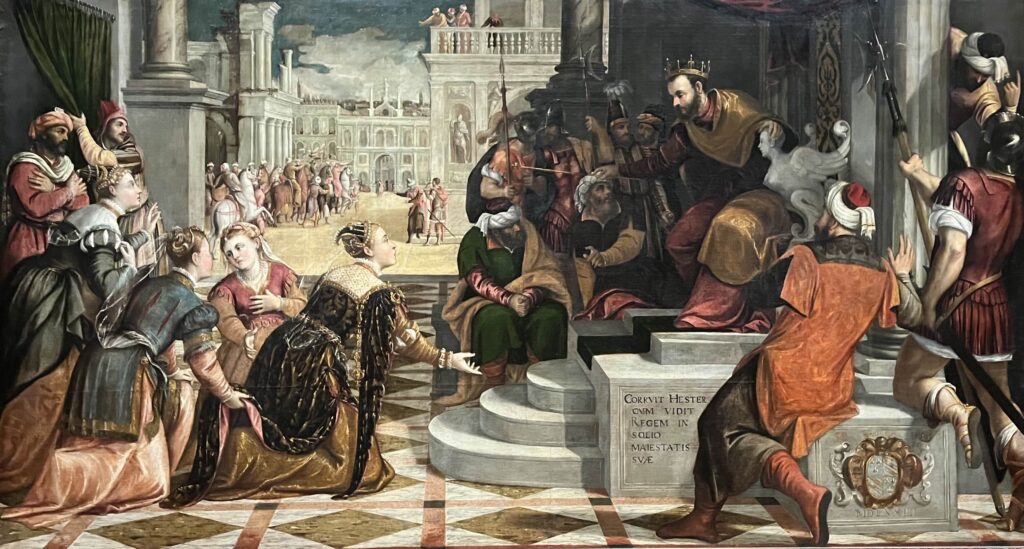The Festival of Purim and the Book of Esther

The Book of Esther is the story behind the Festival of Purim. Every year, Jews celebrate Purim to commemorate the events described in this book.
The word Purim means “lots,” referring to the casting of lots to determine the day the Jews were to be killed, destroyed, and annihilated (Esther 9:24). For us, this is akin to “rolling the dice” to mark a fateful day.
It’s as if we named our festival “Roll the Dice” to remember that we were nearly destroyed on a day chosen by chance.
But is there deeper significance to naming the festival “Roll the Dice,” beyond recalling the means by which the day of our destruction was chosen? Why this name?
And what about the fact that God is never explicitly mentioned in the Book of Esther? Or that nearly every key event seems to happen by chance?
I believe this book is more than a story of how God (or Fate) saved His people and why the Festival of Purim was established. It is an archetypal example of how life itself works.
It speaks to chaos theory, illustrating how human experience is so complex it cannot be predicted or controlled, despite our best efforts. It is about fate—and how human courage is the only force that can tip the scales, causing fate to twist upon itself.
For us, rolling dice (casting lots) generates a random number. But for ancient peoples, casting lots was a way of listening to the gods or discerning fate. There is nothing random about it, except in how it appears to us.
Consider the coincidences: Of all the virgins in King Xerxes’ version of The Bachelor, it was Esther, the secret Jew, who was chosen.
Of all the people who could have uncovered the plot to kill Xerxes, it was Mordecai, a Jew, who exposed it.
Of all the nights for Xerxes to suffer insomnia, it was the night before Haman happened to be in the courtyard.
Of all the histories that could have been read to the emperor that night, it was the record of Mordecai saving Xerxes from assassination.
It’s all so random—a roll of the dice. Yet every plot twist is a twist of fate, with unseen forces at work in the passions of each character.
Pleasure and drinking: There are more drunken parties in this story than in a college frat house during spirit week.
Anger, pride, and vengeance: These compel Xerxes to depose Vashti, Haman to plot against Mordecai, and Xerxes to eventually impale Haman on a pole.
Courage: This is the unseen force behind Esther’s pivotal actions and Mordecai’s defiance—from refusing to bow to tyranny to exposing the plot against Xerxes.
This story unveils the mystery of life and the unyielding source of hope amid the tragic reality of our existence. What was meant for evil was turned on itself and used for good. What was destined to be a day of death became the surprising dawn of resurrection.
We mock fate in our festivals. We name our celebration “Roll of the Dice” as an iconic reminder of the ironic patterns woven in fractal waves into the fabric of the cosmos.
We eat bread and drink wine to ceremonially celebrate the execution of our King, knowing that Fate is on our side, that the Hand of Providence moves within us, and that all chaos will ultimately resolve into order.
We participate in the manifestation of the Kingdom that cannot be defeated by observing the repeating patterns of the universe. We remember that it’s Friday, but Sunday’s coming.
